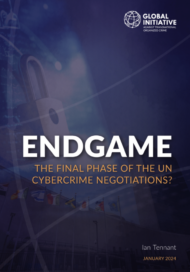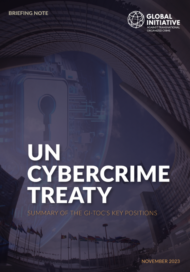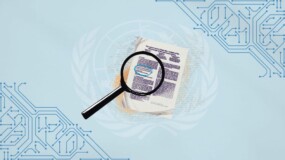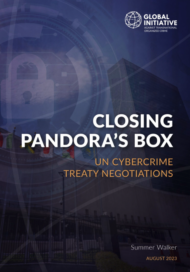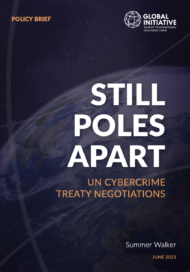Posted on 19 Jan 2024
From January 29 to February 9, 2024, UN delegates will meet in New York to conclude discussions on a new cybercrime convention. Different countries have varying ideas about what the treaty should cover and how it should protect human rights and freedom of speech.
The negotiations, influenced by major global events like the Russian invasion of Ukraine, are crucial for setting rules on how countries deal with crimes online. The outcome will significantly impact how we manage internet safety, human rights, and digital freedoms in the future.
As the concluding session approaches, the state of multilateralism has deteriorated in the context of the Israel–Hamas war, and we can expect this to cast its shadow over the proceedings. However, polarizing views on how to tackle cybercrime are not new. While the pace of technological advancement has continued to benefit cybercriminals of all kinds, who have consistently used it to their advantage to open new markets, ‘cybercrime’ legislation itself is often used as a tool for control and repression, as any activity deemed as ‘criminal’ that takes place online can be classified by authorities as a form of ‘cybercrime.’
That is why these negotiations are fundamental to the future of the internet, human rights, digital freedoms, and, indeed, the future of multilateralism. There is a real risk that a new treaty will call into question the role of the UN in relation to human rights and could herald a new era in which the UN can be shaped by small groups of states to be used as a tool and justification for surveillance and repression.
